
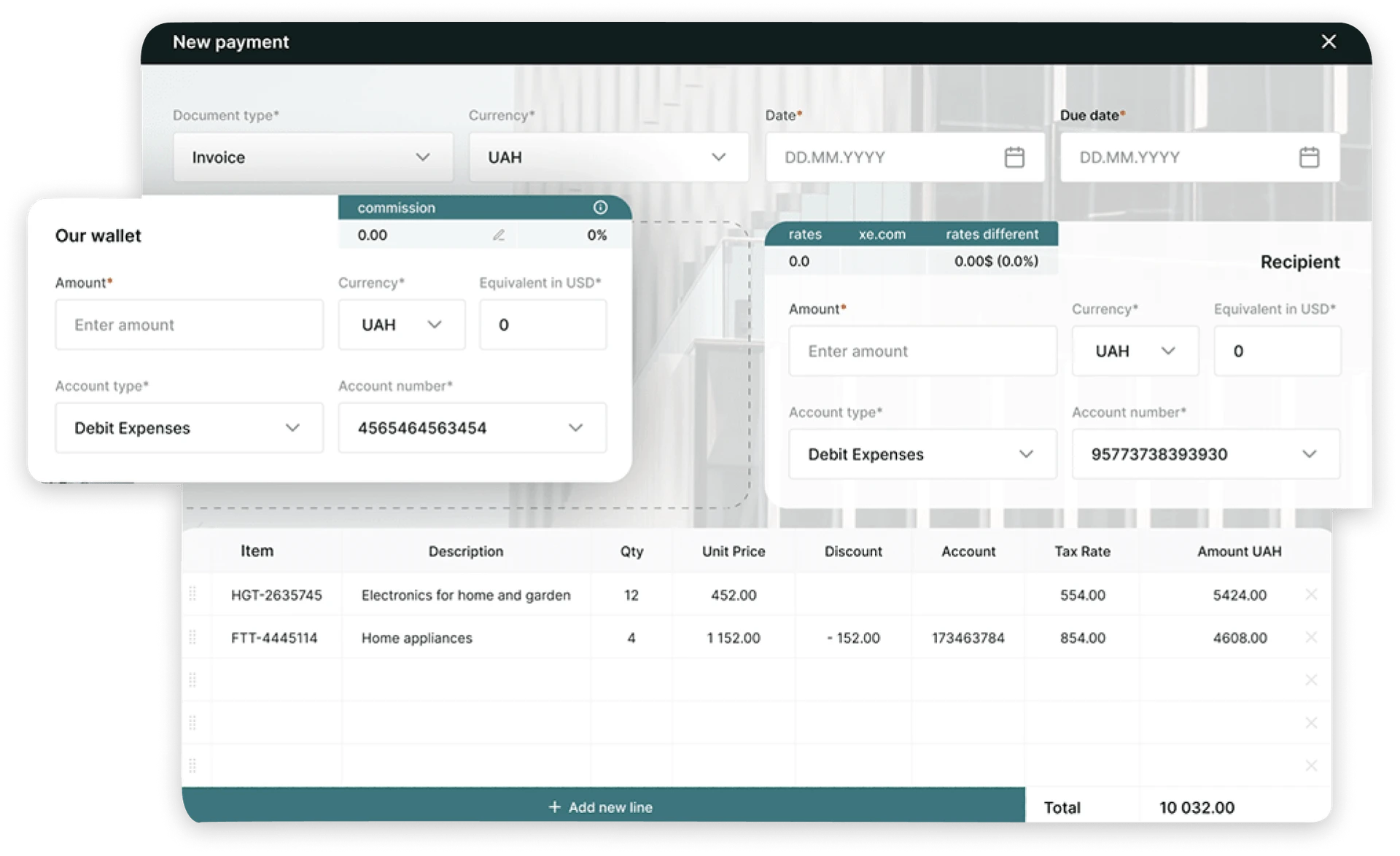
Give your business process a boost by hiring our experienced ERP developers. Welcome to GraffersID. Our ERP experts are always ready to develop excellent solutions that meet the needs of your business. Optimize your workflows, boost your company's productivity and increase its competitiveness in the respective industry.
Are you ready to create change? It’s about more than just programming. Fill out the form and let the partnership begin. Of course, we know that every business is different, and that's why the primary goal of our dedicated ERP software developers is to implement solutions for your business that not only meet current needs and requirements, but also allow for growth and adaptability to future changes. Begin the process of upgrading to a custom ERP software that will redefine the success of your business. For more details, schedule a free call with us.
Talk to our team for custom pricing
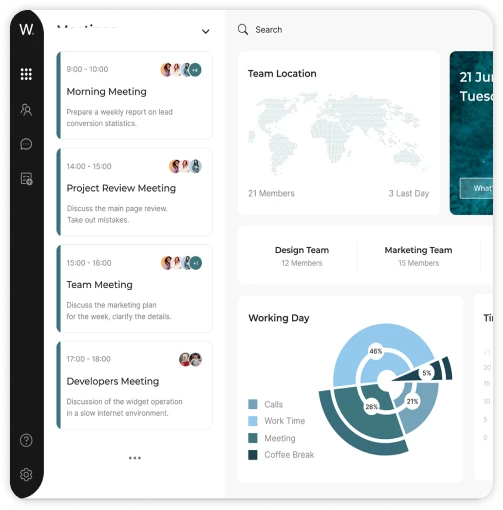
Enterprise Resource Planning (ERP) systems have been meeting the management needs of companies for decades by providing tools to efficiently manage company resources and support decision-making. Today, it can be seen that the ERP market has gradually evolved towards SaaS solutions in the recent past. Currently, SaaS ERP solutions are widely used as they are developed as systems in the cloud that are available over an internet connection with greater flexibility, are cost-efficient and can be easily scaled.
Originally, on-premise ERP software solutions required companies to invest large sums of money in hardware, software and IT support. They also involve detailed installation procedures and require a certain amount of maintenance. On the other hand, there are SaaS ERP solutions, which represent a new paradigm. They are subscription-based, which means that potential customers have to pay a certain monthly rate in relation to the services they need, instead of committing to very expensive upfront costs. This has allowed ERP systems to be more robust and available to organizations that were not able to purchase them in the past, especially for new and growing businesses.
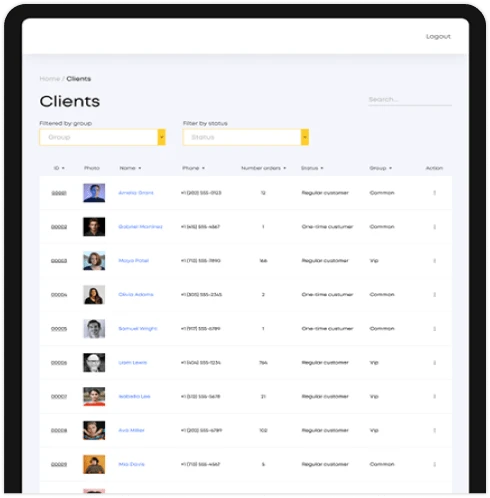
Talk to our team for custom pricing
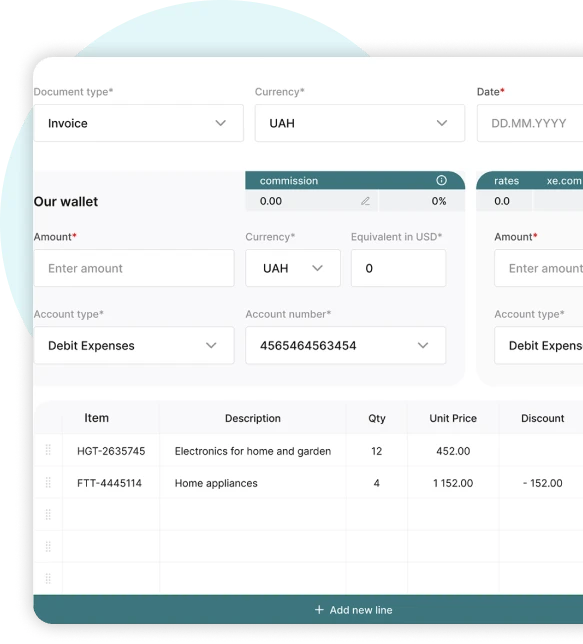
Talk to our team for custom pricing
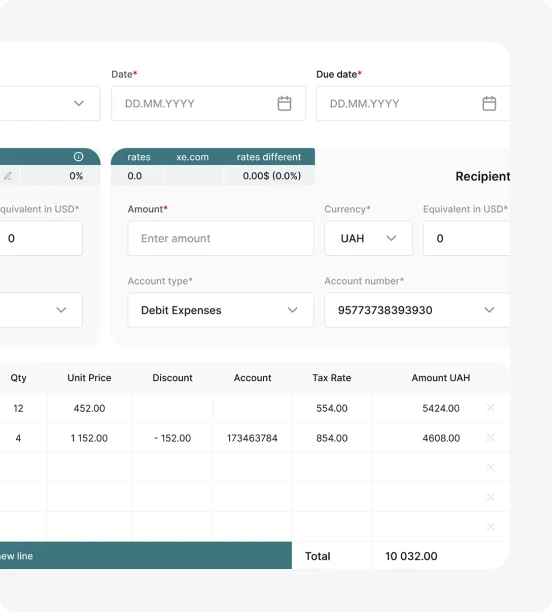
My company has the following business problems and the corresponding solutions: Inefficiency in inventory management. I also decide how much stock to keep in the store at one time, and this sometimes leads to either too much or too little stock, resulting in high storage costs or even lost potential sales. This results in an annual turnover of around fifteen percent. One of the most important components of a good ERP system is its ability to manage a company’s inventory well and avoid overstocking and understocking.
The specific communication problem in my company is the lack of proper cross-departmental communication and information sharing. This disconnect slows down teamwork, makes responding to customer questions slow and can lead to negative customer experiences. An ERP system structure allows data to be decentralized; data is processed in real time and shared across departments.
Some of the financial processes are still carried out manually by entering data via a keyboard, which is very slow and has a high probability of error. The consequences of this are estimated at 5% of annual turnover. This is especially true for the financial management part of an ERP system, which companies use to set up charts of accounts, and from there the system automatically enters the transmission data through postings.
Our ERP software should therefore be efficiently compatible with other packages it works with, such as CRM, e-commerce and other accounting applications. This leads to system complexity that requires a lot of effort and resources to develop, which often affects relative improvements and therefore customer satisfaction. I am looking for a company that can significantly minimize the integration effort and give us more time to develop the product we want to offer to the market.
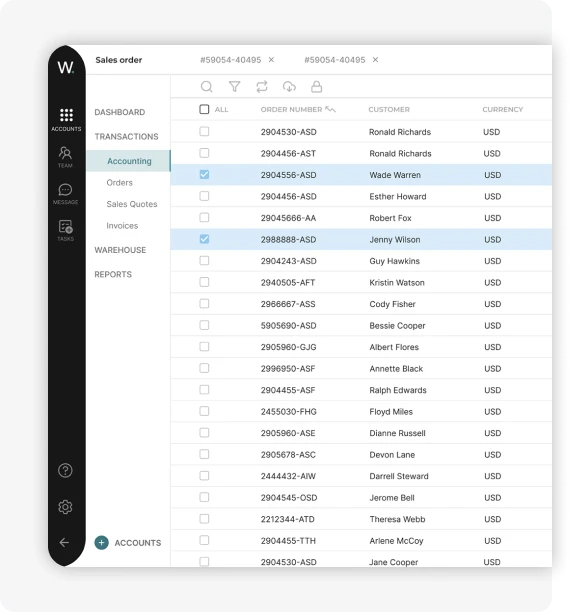
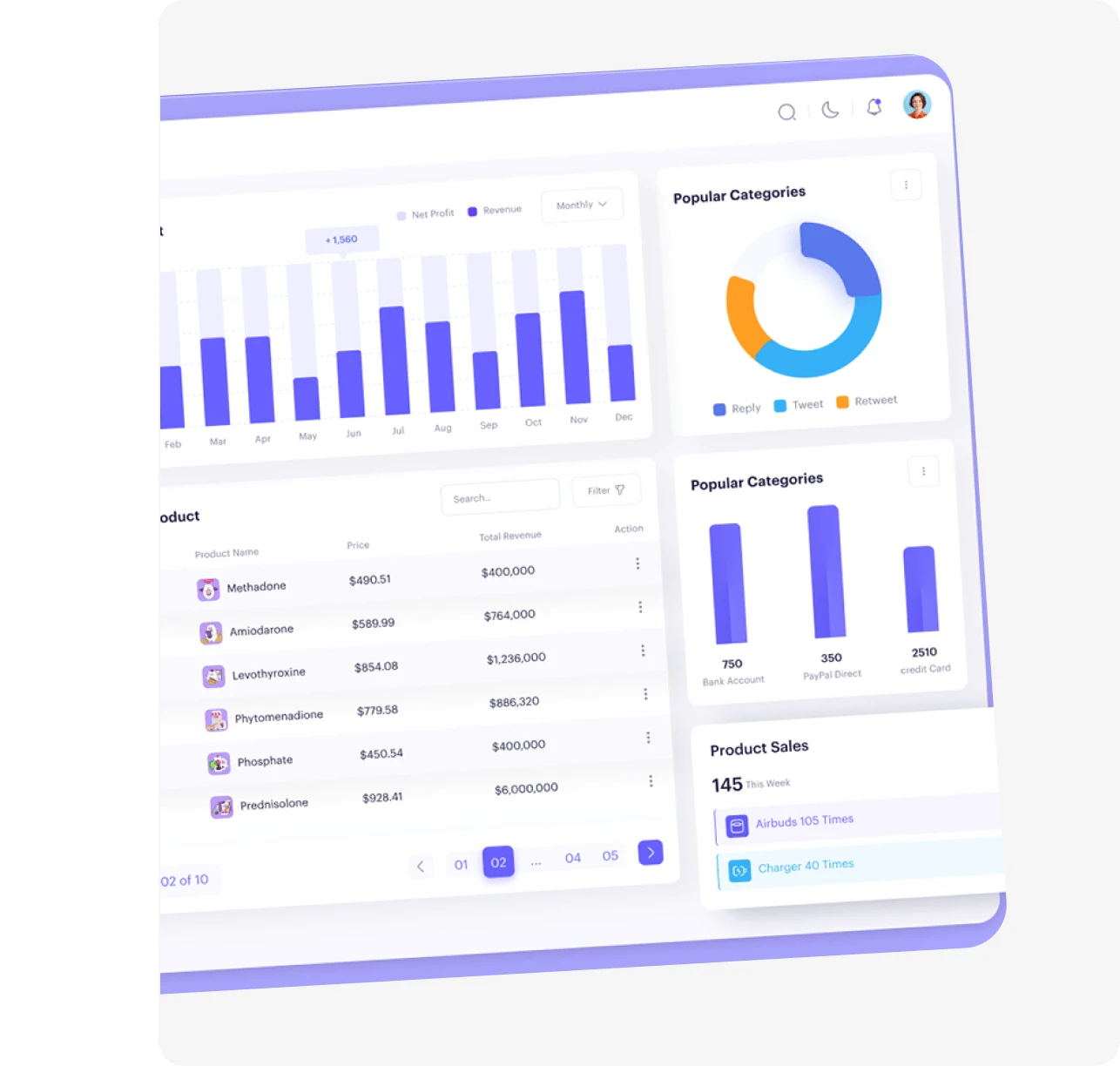
Due to the increase in its customer base, our SaaS ERP system is facing some constraints in terms of its scalability. This issue affects the system response time which can lower the system performance and processing speed. These scalability and performance issues are the main concern, and have a connection with customers’ satisfaction and retention. Thus, for us it is essential to select a software company that mainly focuses on enhancing the functionality and scalability of the software. This would help our SaaS ERP to handle more users and load more data without having to slow down, glitch, or give a poor user experience.
Talk to our team for custom pricing
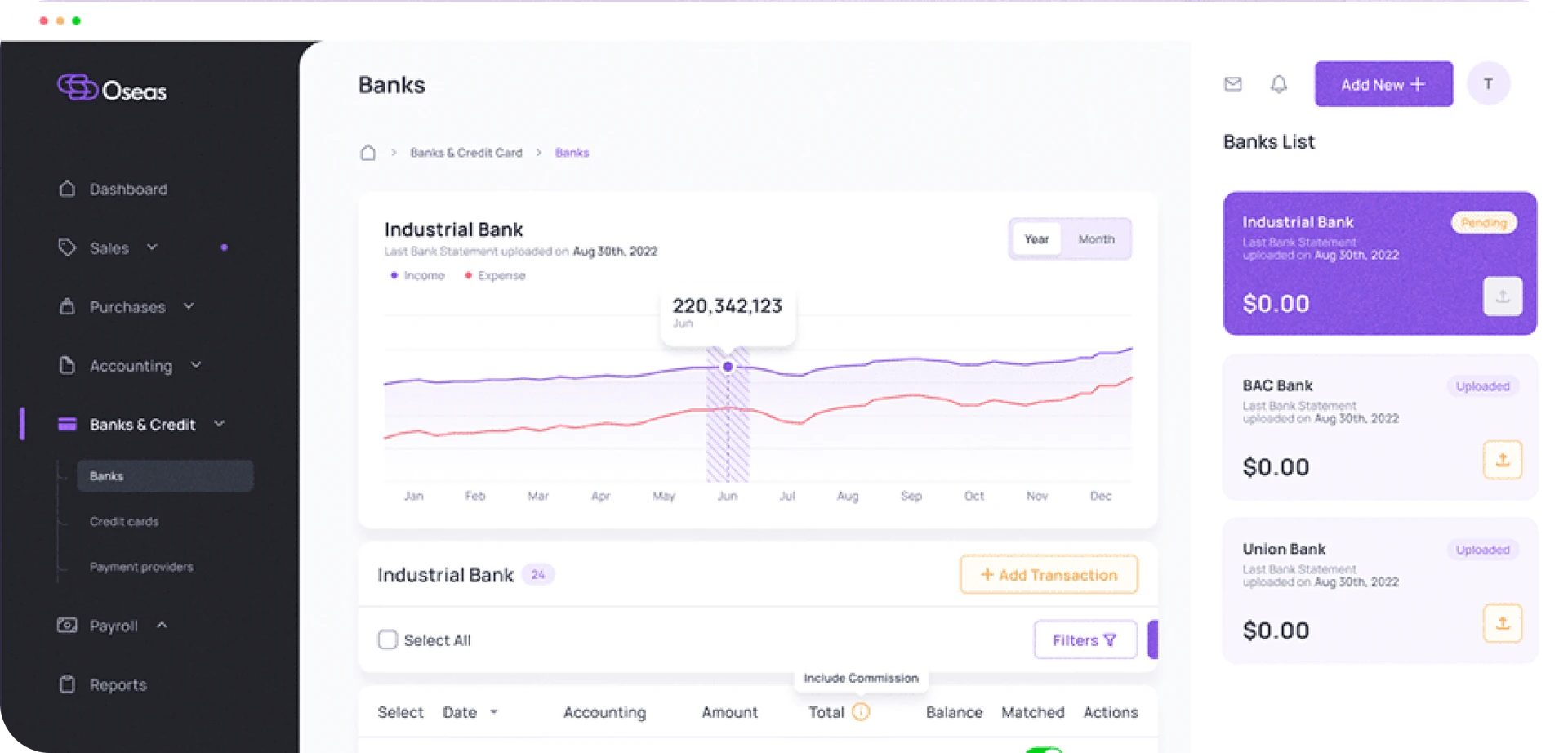
Financial ManagementEfficiently control your business’s financial aspects by using the ERP accounting tools. Set the next budget, record all the costs, and provide instant data to decision-makers to maintain the continuity of financial health and ensure adherence to financial legislation.
Inventory Management Manage your inventory in the most effective way by following several stages of the optimal order inventory. Decrease holding costs, avoid overbuying or underbuying and improve demand planning processes to increase the organizational performance.
Supply Chain ManagementGet the most powerful instrument for managing your supply chain. Reduce lead time, cost and enhance suppliers’ relation and orders procurement and fulfillment.
Sales and Order ManagementERP systems offer features of sales automation, lead management and order fulfillment in one place. Incorporate sales orders, monitor customer relationship, and increase sales transparency. This leads to an increase in revenue and order fulfillment, shorter cycle time and higher customer satisfaction.
CRM Integration ERP systems smoothly interact with CRM systems such as Sales Force Automation (SFA), contact managers and sales/marketing automation. This integration provides a complete picture of customer relationships with the aim of providing better service and efficient marketing. It builds long-term relationships with customers and thus improves the company’s customer loyalty.
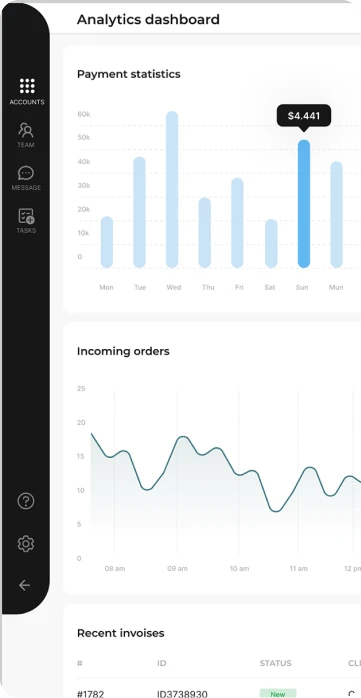
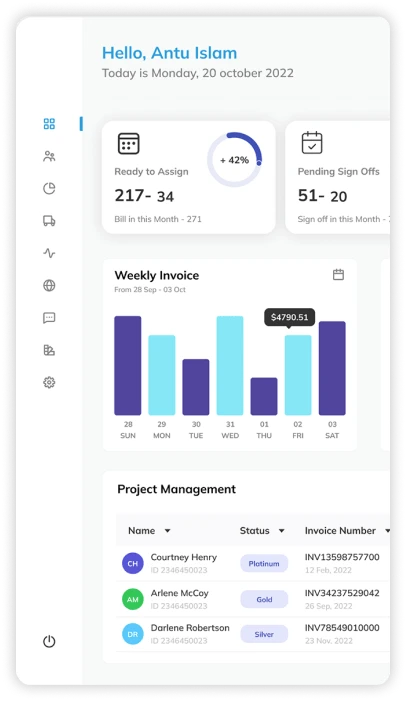
Human Resources ManagementERP systems offer efficiencies in other HR processes such as compensation, retirement benefits, recruitment and hiring processes. Automation not only relieves HR staff of tedious administrative tasks, but also improves HR management and ensures that companies comply with laws and regulations set by labour authorities.
Project ManagementUsing ERP systems makes the planning, execution and monitoring of projects relatively easy. By proactively improving interpersonal communication between team members, efficiently allocating resources and monitoring project progress in real time, a project's success rate and on-time delivery is enhanced.
ManufacturingERP softwrares optimizez all production processes, including work order creation, order fulfillment, etc. Maximize resource utilization and minimize production costs hence increase production capacity, improve product quality and increase profitability.
Quality ControlERP systems helps in maintaining product quality to meet organizational quality standards and managing inspections and measurements of nonconformance. The function used to protect a product from modification by unauthorized persons, thus ensuring that the product is not tampered with by customers or persons who have nothing to do with it, and also to prevent the company from having to repeat its work several times, and also to ensure the satisfaction of its customers.
Business Intelligence ERP software helps you to gain insights and a deeper understanding of the data through analytics and reporting services. They transform the data into a quantitative understanding, enabling informed decision making and highlighting trends, opportunities for improvement and even weaknesses.
Mobile AccessibilityBy using an ERP software on your mobile devices, you and your employees can work from anywhere. This mobile accessibility also improves the company's responsiveness and allows decisions to be made in real time and work remotely.
Multi-language and Currency SupportOffers support for multiple languages to reach international customers and support multiple currencies to attract more customers. This feature is especially important for companies operating in international markets. The element facilitates the flow of transactions and communications across borders.
Document ManagementUse and document all business-relevant documents efficiently in the ERP system. This functionality also helps to get rid of scattered data and makes it easier for team members to access the documents they need.
Compliance and RegulationsMeasure yourself against industry-specific requirements and data protection standards. An ERP system supports you in dealing with difficult or diverse legal frameworks so that you do not have to expect high penalties.
Expense ManagementERP softwares simplifies expense tracking and management for better cost control. By automating expense reports and approval processes, this feature reduces manual work, minimizes errors and improves cost management.
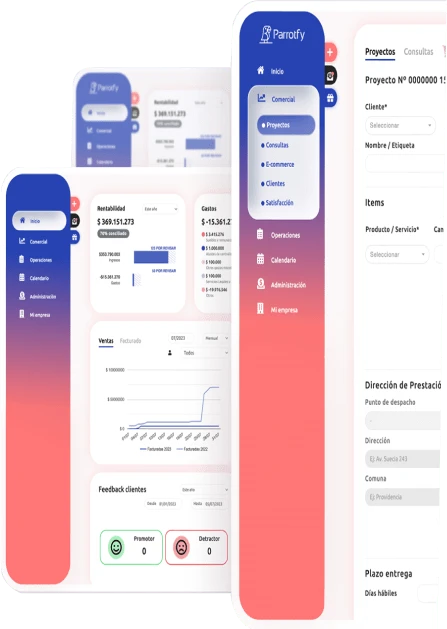
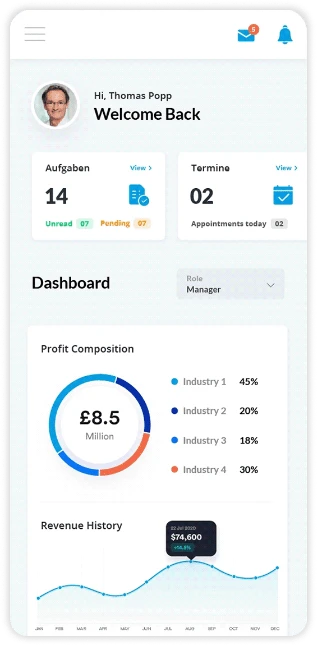
Data Security Implement appropriate security measures to prevent unauthorized access to data stored using the ERP system. This includes encryption, access control and security updates to ensure that the customer and their data are protected from potential theft.
Integration with Third-party AppsSystematic integration with external technologies in the same environment as your ERP system. This means that the integration of RPA and BI facilitates data exchange, improves business processes and increases productivity.
Task and Workflow AutomationManage and automate repetitive tasks and business processes by streamlining them within the organization. This feature increases productivity, reduces human error and speeds up the execution of work that was previously done manually.
Customer Support TicketingKeep track of customer service and support with the help of an integrated ticketing system. With integrated support ticket management, users can simultaneously create and manage tickets within the ERP environment until customer issues are resolved.
Vendor Management Improve procurement performance by building better supply chain connections with suppliers. Optimal supplier involvement in procurement helps to minimize costs and improve the delivery of goods in the right way.
E-commerce IntegrationManage company's different departments using a single, unified ERP system. This consolidates all efforts into one area and provides a single perspective on your entire business from a management and administrative perspective.
Global Tax ManagementTake care of legal issues such as taxation in different areas of the world. The ERP softwares also handles tax calculation, tax reporting and tax compliance for your company, which can reduce or ease the complexity of tax matters for your business.
Multi-company SupportManage different departments of a company with the help of a single, unified ERP system. This consolidates all efforts into one area and provides a single perspective on your entire organization from a management and administrative perspective.
Employee Self-ServiceERP softares allows employees to access and change their own data, submit leave requests and perform other administrative processes related to employee data through automatically generated interfaces. This function reduces the workloads of the HR department, increases employee satisfaction and promotes self-organization.
Sales ForecastingUse sophisticated sales forecasting tools to predict future sales trends. By looking at the previous and latest market conditions, you can allocate your resources effectively and can set realistic sales volumes.
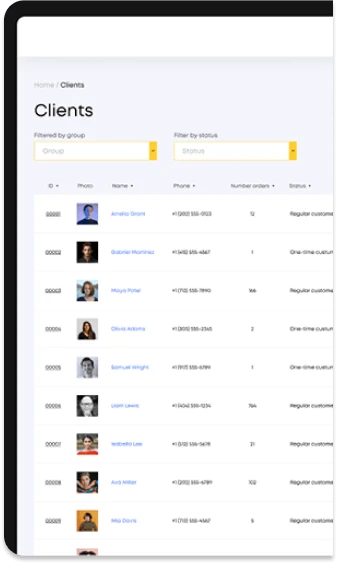
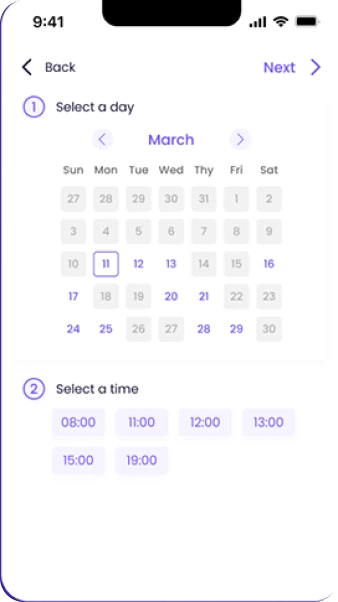
Business Process CustomizationImplement the ERP system according to the workflow of each company. There are ways to customize new fields, forms and new workflows to help ensure that the system works to your specifications and guarantee that the ERP system supports your company’s workflows during implementation.
Asset ManagementERP systems tracks all fixed and loose assets of the company, including office supplies, production machinery, manufacture or organize them. This feature helps reduce maintenance costs by optimizing equipment usage and keeping resources at an appropriate level when needed.
Time and Attendance TrackingAutomate the monitoring of employee time and attendance with ERP softwares. This feature increases payroll accuracy, helps agencies better control labour costs and provides comprehensive data for workforce management.
Service and Maintenance ManagementReduce the time it takes to approve services, maintenance schedules and equipment. With ERP softwares, your support teams can resolve issues faster, increasing customer satisfaction and minimizing equipment downtime.
Audit Trail and Compliance Reporting Keep clearly documented records of all changes made to the database in the ERP system. Transparency is necessary for tracking changes, verifying the accuracy of data and generating reports to verify compliance with industry standards and regulations to keep your organization on the right page.
From Security to Code Quality we have got your covered
GraffersID offers a ready-to-join pool of in-house developers who you can trust with your code and product.
Mandatory NDA Resources
Restricted Data Sharing
Manage As you Like
Complementary Tracking Tools
Direct Control of Resources
Connect with GraffersID experts to hire remote developer on contractual basis.